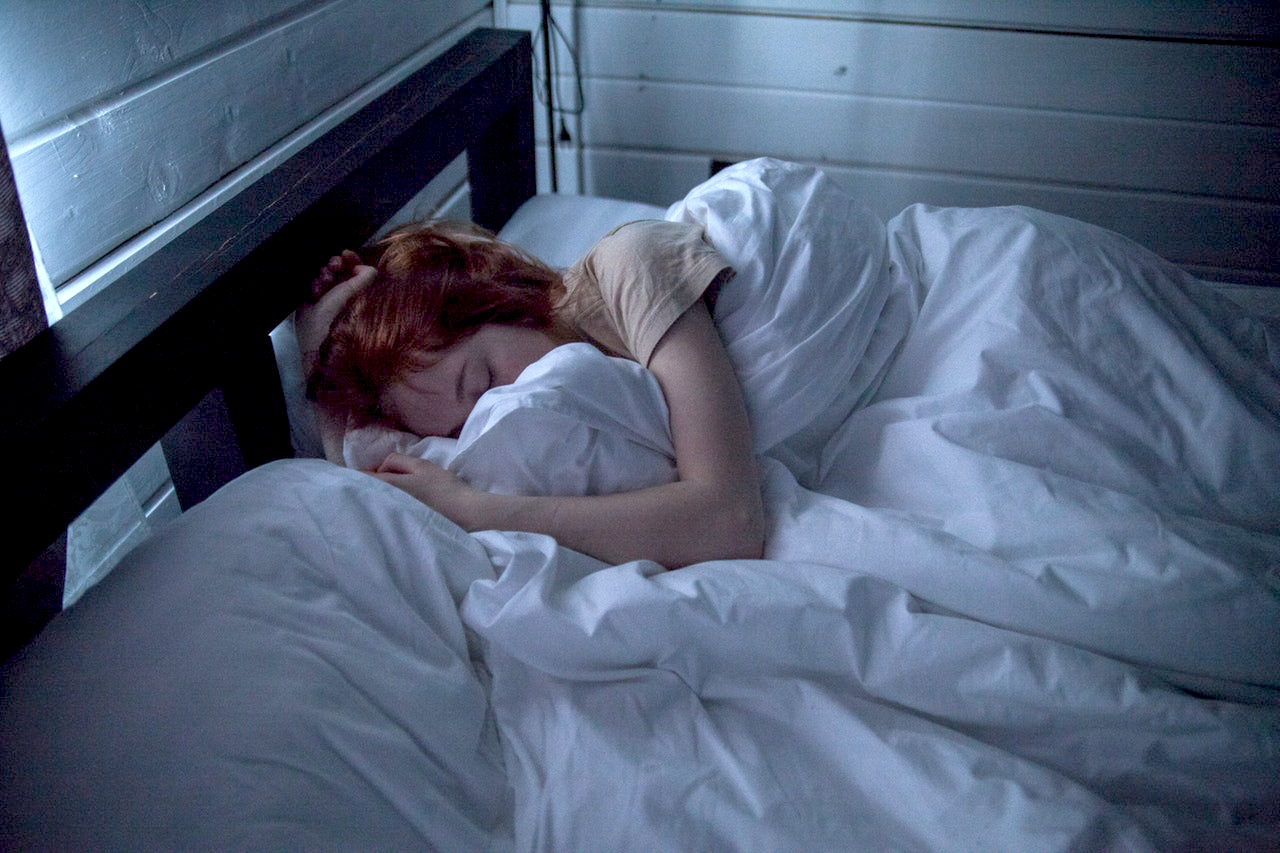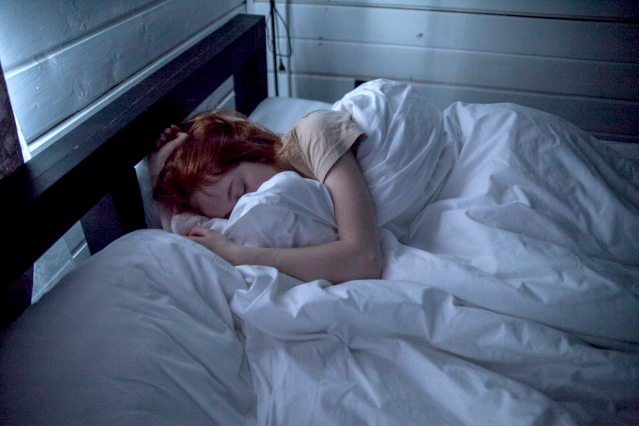
It’s scary being a new mom. It’s scary living through a global pandemic. Put them together, and you find lots of moms struggling with their mental health after delivery.
Postpartum depression (PPD) is a serious problem that occurs after a mother has given birth. It can last for months and causes mental health and mood issues such as hopelessness, sadness, fatigue, loss of interest, and even trouble bonding with the newborn baby.
For some moms with PPD, the problem passes quickly and is simply a case of the “baby blues.” But for others, it can be extremely serious and long-lasting. During a pandemic, with fewer options for support and mental wellness, the condition can become even worse.
This is what happened to me. I gave birth to my Ronnie in March and was plunged into a motherhood that I could never have planned for. I woke up every day with anxiety coursing through my veins and an uncertainty and fear about the state of the world that clouded my vision.
It wasn’t until I talked to a few friends about their experiences and got on the line with a therapist that I finally found strategies to work through my depression.
If you’re suffering from postpartum depression during the COVID-19 pandemic, know that you’re not alone. Lots of moms, just like me, are going through the same thing. Here are some strategies that helped me cope with this debilitating mental health issue during a very scary moment in history.
Know Your Symptoms & Triggers
Postpartum depression causes many of the same symptoms as clinical depression. The only difference is the context and duration. PPD only occurs after a woman has given birth.
Common symptoms of depression include sadness, hopelessness, anxiety, changes in appetite or weight, fatigue or trouble sleeping, and sometimes even suicidal thoughts. Moms with PPD might experience strong feelings of guilt or might find that they have trouble bonding with their babies.
Everyone is different, so it’s important to get to know your own personal symptoms and triggers. For me, my anxiety was so bad in the mornings that I would spend mornings laying in bed only getting up to use the restroom. My husband was extremely concerned and supportive during this time. He helped keep the rest of the family together while I isolated myself away.
Remember, issues like fatigue and feelings of overwhelm can be normal for new parents. But it’s important to think about whether what you’re feeling is just the cause of sleep lost due to nighttime feedings, or if it’s a sign of a more serious problem.
If you’re having trouble figuring out what your symptoms and triggers are, try keeping an informal journal. See if you can find patterns that will reveal what kinds of situations trigger especially intense symptoms.
I realized that I had a specific morning anxiety because of my morning habits. I’d usually reach for my phone or turn on the news. Instead of turning outwards in the morning, I turned inwards. I started incorporating meditation into my routine and put my phone in a box in a different room and only looked at it after breakfast with the family.
Research Treatment Options and the Benefits of Therapy
Don’t feel like you have to just let postpartum depression run its course. About 15% of mothers develop severe or long-lasting PPD and may require treatment. Recovery from PPD may require seeking out treatment such as psychotherapy or medication.
You might feel embarrassed or guilty about your PPD, but it’s important to realize that if you don’t seek treatment, you’ll be dealing with these feelings on your own. You might be feeling especially isolated during the pandemic, so getting help with postpartum depression is even more important than it would be if you could lean on friends and family for help on a regular basis.
Do some research and check out your options for treatment. You might need to combine some lifestyle changes like exercise and changes in your diet with therapy or other treatments to find relief.
Consider Seeing a Mental Health Specialist via Telehealth
It’s not easy being a new mom during a pandemic, and you might be feeling very lonely right now. It’s easy for your thoughts to spiral out of control and take you to dark places. If your PPD is causing you to suffer, then it’s worth seeking the help of a mental health professional.
While it’s probably not possible to meet with a therapist in person during the pandemic, telehealth options are expanding rapidly. You should be able to talk with a therapist over the phone or video chat and get help for your postpartum depression.
I scheduled a virtual meeting with a local therapist who helped me process all of my feelings. It wasn’t cheap by any means but it was important. You might be surprised by how much better you’ll feel after you talk with a trained professional.
Establish Some “Me Time”
As a new mom, you probably feel like you can’t leave your baby in someone else’s care for a single minute. It’s completely normal for new moms to sacrifice their own well-being to care for their newborns. Unfortunately, denying yourself a little “me time” can be very detrimental to your mental health.
It’s important to arrange for some alone time regularly. Your partner or another family member in the home can take care of the baby for a little while, giving you a chance to exercise, take a bath, read, or meditate. You need that time to rest and recharge for the sake of your mental health.
Remember That Things Will Get Better
The good news about PPD is that it usually isn’t permanent. The pandemic will pass, and life will become easier over time. In the meantime, just focus on what’s important: taking care of yourself and your baby. Get help if you need it. Everything else will fall into place. Trust me.











